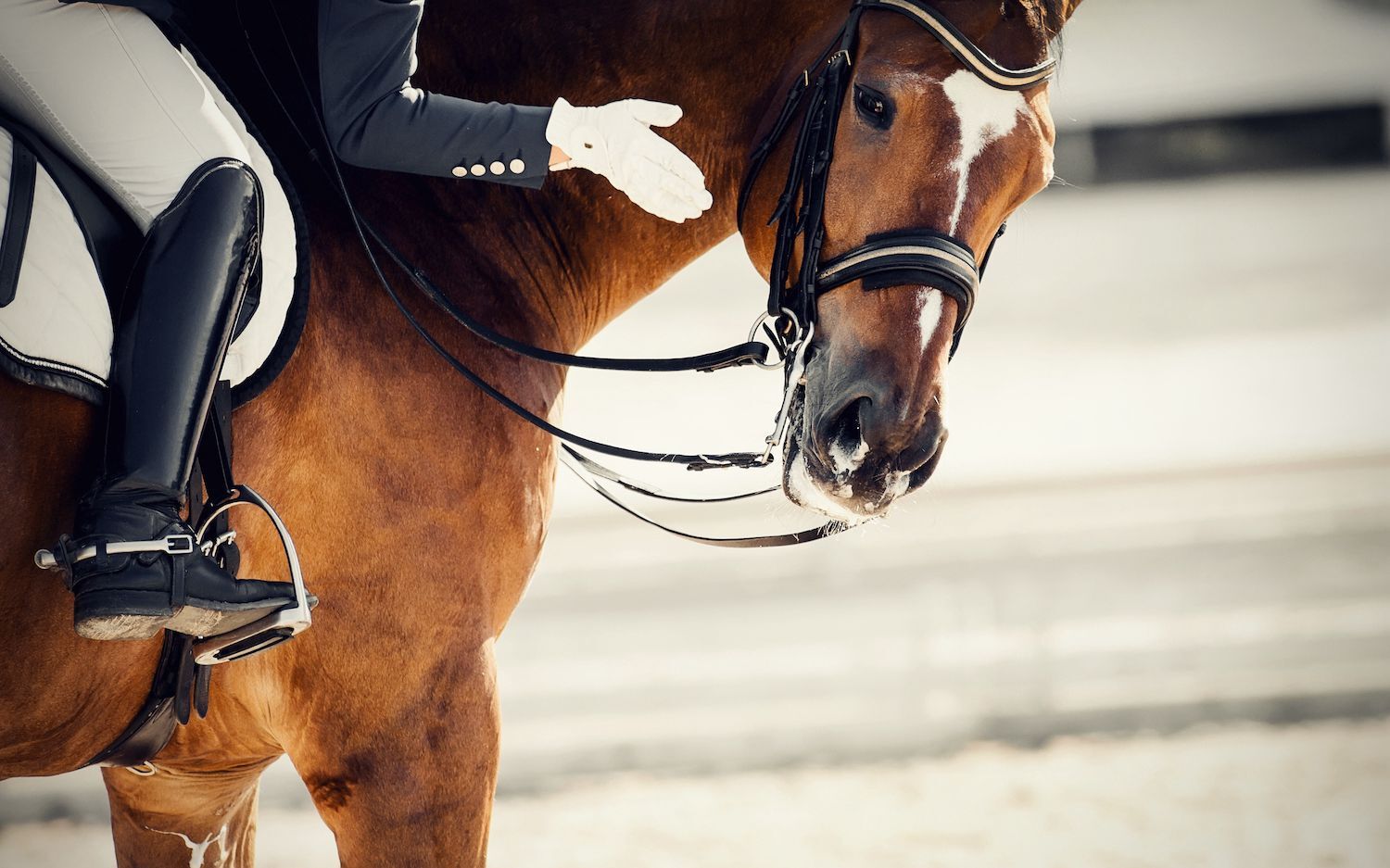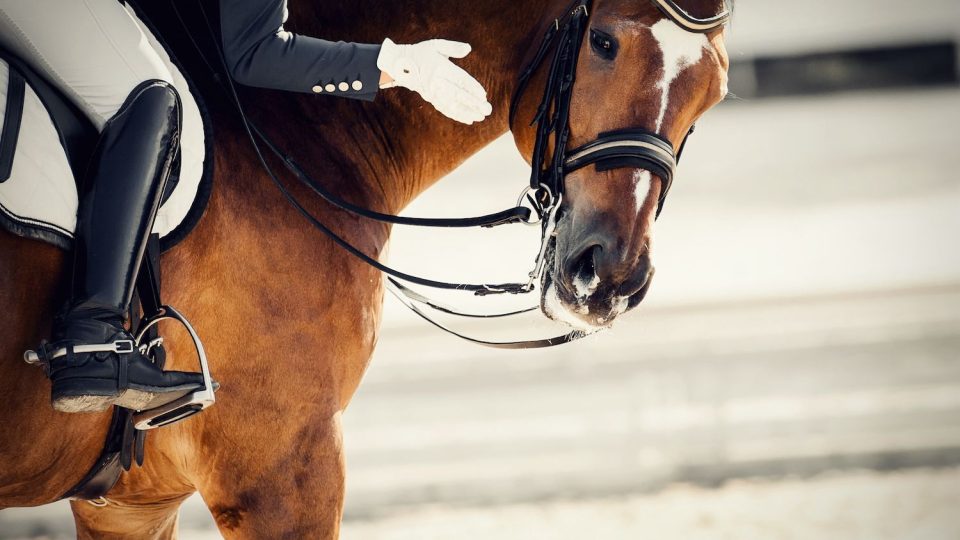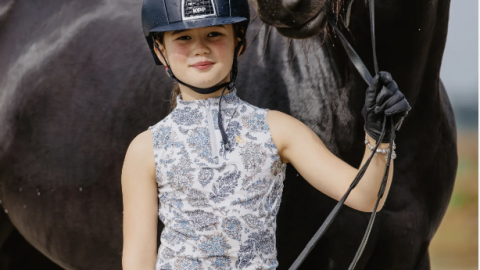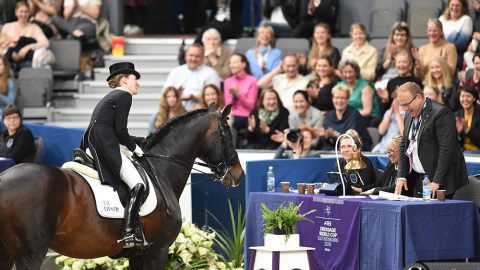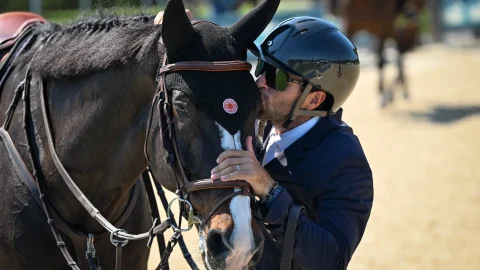Have you ever wondered if your training methods truly prioritize your horse's well-being?
We all want the best for our equine partners, but are we always sure our approach is ethically sound?
This blog will challenge you to look beyond technique and truly assess if your dressage training aligns with the natural development and happiness of your horse.
The Fine Line Between Progress and Pressure
In the world of dressage, ambition is a double-edged sword. We strive for perfection — for balance, expression, and harmony — but sometimes the pursuit of excellence can blur the line between dedication and domination.
A well-trained horse is not one that submits, but one that understands. And understanding takes time, patience, and sensitivity. Ethical training means respecting not only what the horse can do, but when and how he can do it without compromising his physical or mental welfare.
Listening to the Horse
Every horse has a voice — the flick of an ear, the rhythm of the breath, the change in expression when something feels too much. Ethical trainers don’t silence that voice; they listen.
If your horse resists a movement, ask yourself:
- Is he being disobedient, or is he confused?
- Am I asking too much too soon?
- Have I built enough strength and understanding for this exercise?
Ethical training requires empathy and self-awareness. It means being willing to question your own methods, not your horse’s willingness.
The Foundation of Trust
No piaffe, pirouette, or passage can ever be truly beautiful without trust. Horses trained through fear or force might perform, but they never dance. The real art of dressage lies in partnership — when the horse offers movement freely because he trusts his rider completely.
Building that trust starts from the ground: how we handle them in the stable, how we reward effort, how we end each session. Every moment is part of the training philosophy.
Watch this related video on ethical and harmonious training:
https://youtu.be/_leHdeYnrbU?si=INigmelUIgBFw35w
Welfare as the Ultimate Measure of Success
Ethical dressage is not just about scores or medals. It’s about longevity, soundness, and joy.
A horse that moves with elasticity, willingness, and mental relaxation is the product of correct, compassionate training.
Ask yourself:
- Does my horse finish each ride happier and more confident?
- Am I developing his body according to the training scale — rhythm, suppleness, contact, impulsion, straightness, and collection — or am I skipping steps for faster results?
- Would my horse choose to work with me if he could?
These are uncomfortable questions, but essential ones.
The Future of Dressage Depends on Ethics
As the sport evolves under increasing public scrutiny, our responsibility as riders and trainers grows. Ethical awareness is not a trend — it’s the foundation of dressage’s survival and beauty.
We must lead by example, showing that discipline and welfare can coexist harmoniously. The horses we train today reflect the values we stand for as a community.
A Final Thought
At Gallery Horse, we believe that true excellence in dressage is built on empathy, respect, and partnership.
A horse’s body can be trained — but his heart must be inspired.
So, next time you ride, pause for a moment and ask yourself:
Am I teaching my horse, or am I just demanding?
Because only when we listen deeply can dressage become what it was always meant to be — the art of connection between two beings moving as one.
